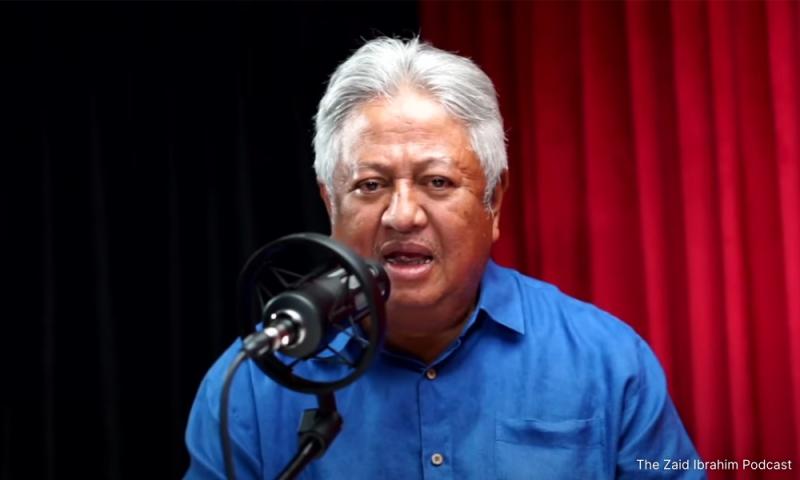It must be clearly stated that an inquest is an inquiry for the magistrate (i.e. the 'coroner') to determine when, where, how and in what manner the deceased came by his death and also whether any person is to be criminally concerned in the cause of the death. (This is clearly stated in Section 337 of the Criminal Procedure Code).
In the inquest procedure, witnesses are called and questioned by the magistrate, who can of course be assisted by assisting officers - be it a deputy public prosecutor (DPP), an advocate and solicitor or some other.
What is important is for all evidence be brought to the attention of the magistrate for him to be able to make an informed decision.
There is no provision in our law that allows for the DPP or any lawyer representing the deceased family or other concerned bodies like the Bar Council to conduct the inquest. But the magistrate, of course, has the right to allow the DPP or lawyers to assist him in this inquiry.
In the inquest, there are no prosecutors and there are no defence lawyers - only assisting officers of the court.
Lane C.J in R v South London Coroner, ex parte Thompson (1982) 126 S.J 625 D.C had occasion to say:
'In an inquest, it should never be forgotten that there are no parties, there is no indictment, there is no prosecution, there is no defence, there is no trial, simply an attempt to establish facts. It is an inquisitorial process, a process of investigation quite unlike a trial ...'
As such, I must say sadly that lawyer M Puravalen, who was appearing on behalf of Francis G Udayappan's family at an inquest to determine the identity of a body, was wrong in applying to to examine witnesses.
What he should have applied for was leave to assist the court in the inquest by being able to also question the witnesses to assist the court.
What we are all interested is the truth and as such all the relevant evidence must be made available to the magistrate.
It is important a lawyer be allowed to assist the magistrate as the transparency, openness and fairness of this inquest, from a public perception, is now questionable for amongst other reasons:
- The magistrate (an officer under the Judicial and Legal Services Commission) is assisted only by only a DPP (yet another officer under the Judicial and Legal Services Commission and possibly even a senior in the service compared to the magistrate) with other officers of the court (i.e. lawyers) being excluded.
The learned magistrate must remember the purpose of an inquest and that there will be no winners. A death has occurred and the purpose of all parties is to seek out the truth and this can only come about if all the evidence is brought before the magistrate.
And it is certain that with the help of several other assisting officers besides the DPP, the probability is increased that most, if not all, the truth is brought before the magistrate for him to make a correct finding.
The magistrate should have allowed Puravalen - and the lawyer from the Bar Council - to sit in as an assisting officer at the inquest.
He should also be open enough to allow other lawyers present in court to intervene as a amicus curaei (friend of the court) to ask a witness a question that should have been asked but was not asked by the assisting officers or the magistrate.
We hope that there will be no open verdict or inconclusive finding at the end of this inquest. We hope it is not just being held in light of mounting public pressure but is being held with the genuine intention of discovering the truth, and nothing but the truth.




